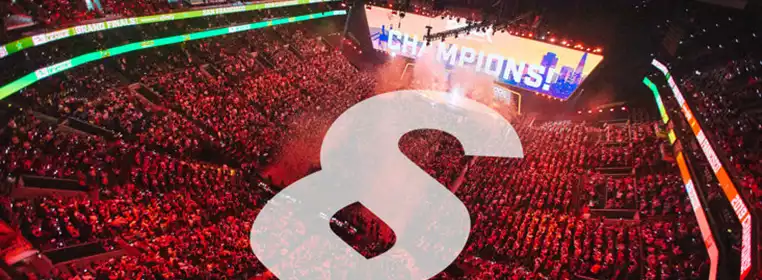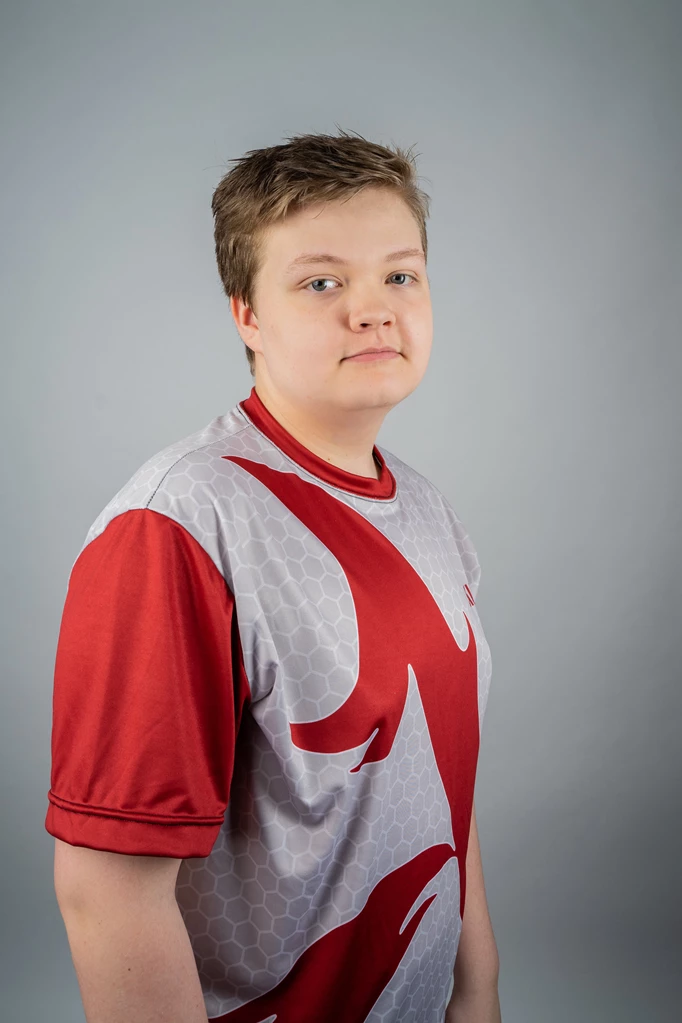Opinion: More Than Ever, The Overwatch League Rules Need To Be Public

In 2020, the rules of the Overwatch League (OWL) needed to be flexible. A global pandemic put strains on the league that required quick amendments to the ruleset in order to remain workable in a locked-down world. Moreover, the league was experiencing viewership decline, and found it necessary to implement systems to drive engagement. In order to survive, OWL had to adapt. Tournaments were introduced, deadlines were pushed, and the newly introduced feature Hero Pools had to go through several versions before it became a workable and exciting ruleset to play under.
The requirement of flexibility in the laws that guide the land stand on solid ground given those challenges, though the execution and a lack of transparency have an unfortunate history of causing serious confusion. Whether by design, or by accident, rules come with ample ambiguity, frequently causing confusion even among those who are directly impacted.
A lack of transparency
At the beginning of season 2, Boston Uprising’s main tank Cameron “Fusions” Bosworth was just about to walk out on stage as he was called back by a league official, stating that he couldn’t play in the match against the Shanghai Dragons that he had already set up his peripherals on stage for. Fusions, who had been signed on a two-way contract, was informed that he had maxed out the number of games he was allowed to play under such a contract, and would therefore not be allowed to play in this match on-stage. While the outcome of the match was unlikely to be determined by this event in a major way, the Shanghai Dragons ended up winning their first match in franchise history, ending their gruelling 42-match loss streak.
While the spirit of the rule was explained as a way to preserve competitive integrity in Overwatch Contenders, barring OWL players from frequently playing in their respective academy team, the exact rules of the two-way contracts had not been public knowledge. Some had erroneously assumed that the contract would be automatically promoted to a full OWL contract upon breaking the two-match-threshold. Despite rosters having to be submitted hours before the match, neither the league nor the Uprising had apparently been aware. Due to the public not knowing the specifics of the rule, it couldn’t raise awareness on a potential rule infliction taking place if Fusions was to play another match that stage. The possibility of crowd-sourcing the upholding of rules was never given to the public by virtue of those rules being unknown.
It could be argued that the case of the signing of Gui-un "Decay" Jang by the Washington Justice and the surrounding circumstances is another example for a miscommunication of Overwatch League rules that apparently, once again, had confused even Overwatch League teams, as both statements from Florida Mayhem General Manager Albert "yeHHH" Yeh and CEO Ben Spoont seem to indicate.
In a tweet, yeHHH stated “My interpretation of the rule was that an emergency sub signing was in the event someone couldn't travel to the Final Four. Justice had enough players to field a team without Decay, and it feels strange to reward a team for poor management during the entirety of the season with a playoff appearance.” Spoont communicated a similar opinion in a now-deleted tweet, saying “it’s ridic the league would allow them to sign & use an “emergency sub” [...] before the emergency could occur. I DONT BLAME DC. Decay shouldn't have been able to be signed until they qualified with the roster they had.”
It is, of course, possible that in both cases, the teams had failed to inform themselves on possibly sufficient information that the league had provided to them. Once again, the public wasn’t in a position to know, given that the rules that had been officially communicated remained surface-level, framing a different spirit of the rule more true to the understanding that both yeHHH and Spoont seemed to share. Even the league’s own Vice President Jon Spector framed the rule in a similar way in a Reddit reply, stating that they needed to update their rules so there was “a reasonable way for teams to be able to compete through playoffs if someone retires or cannot travel to Korea for the end of playoffs.”
The desire to have the best possible playoff experience for the final four after relocation to Korea is understandable. Why that involved Decay being able to play even during the last regular-season games is at least questionable with this version of the spirit of the rule in mind.
Malleability kept a secret
It needs to be stated that the quick and adequate response in rule changes that the Overwatch League has been making is not the issue here. Rather, the problems lie in the communication of those changes, the resulting confusion for both the fans and the franchises. I welcome and commend the Overwatch League for reacting to problems the teams face in this highly volatile environment, and this property should remain as such as we go into another year of uncertainty in 2021. However, the lack of transparency and the possibly lacking communication with franchises has hurt competitive integrity to the point where issues are not merely bubbling under the surface, but have made it onto our social feeds.
Throughout the 2020 season, the rules had to be amended to match real-world expectation and challenges, and allow teams to find workable solutions. The “Decay rule” is one such example, though more appeared to have been made without the public being informed.
On July 30, 2019, the Overwatch League released their roster construction rules for season 3, outlining the requirements and dates applicable for this year’s season. In it, it stated that only “Players who were born on or before June 15, 2002, [were] eligible to sign Overwatch League contracts for the 2020 season.” Largely in the dark as to why this rule had to be in place (though we can reasonably speculate on wanting to protect minors without legal guardians present during global travel), the rule was set for this date, allowing players like Tae-sung "Mag" Kim to just barely enter the league with his birthday on June 12.

 Click to enlarge
Click to enlargeHowever, this rule appeared to have been changed without explicit public acknowledgement, given that the Atlanta Reign had been able to sign Garrett "Saucy" Roland, who had only turned 18 on July 10, almost a full months outside the eligibility window. Of course, it stands to reason that - given the lack of travel for the 2020 season and the ability to keep Saucy around his legal guardians - such a rule change made sense. However, it wasn’t communicated to the public what the new cutoff date was, and therefore we are left wondering if a player like Young-hun "MuZe" Kim (who will turn 18 on Wednesday, September 16) could be available for pick-up for one of the final four teams.
What’s a lack of transparency good for?
It may be argued that the lack of transparency also helps drive rapid and frequent rule changes. The optics of patch-note-esque changes to the Overwatch League rules could dissuade decision’s makers from staying flexible to real-world requirements. Decisions that have to be walked back due to the inherently challenging nature of anticipating how certain rules will impact the competitive environment may sting and cause harm to the reputation of the league. There is indeed reasonable danger in changing the fan perception of the league if every change was to be made public.
Take, for instance, the scenario that the roster signing window ended on the day of the release of Vancouver Titans roster, in which the league hypothetically were confronted with the signing window closure date barring any of the former Titans players to be picked up for the 2020 season. The decision to change that date to allow these players to find new homes is arguably much easier when the date isn’t public, and the change wouldn’t produce a polarising discussion about the league’s decision to value cultural impact higher than the integrity of their deadlines.
However, I believe that the following accountability (through skin in the game) would likely lead to more robust rules, as rule-makers would be incentivised to involve all relevant parties in the exact versions of the changes that they are intending to make. Applying this to the hypothetical situation above, the league could present themselves as a united front that came to a conclusion through democratic means of involving their franchises, taking the wind out of the sails of most critics, and creating better rules in the process in collaboration with the franchise partners, while also making sure that no franchise can be accused of preferential treatment.
While an initial version of the rule book for 2020 is available, the amendments are distinctly missing, keeping fans and organisations in the dark.
Image via Blizzard Entertainment
